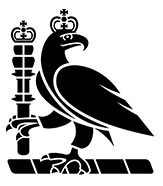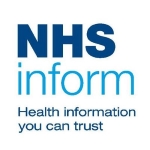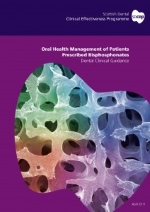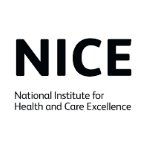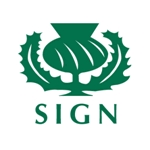Guidelines from the Royal College of Surgeons of England.
Category: Mouth & Jaw (Oral & Maxillofacial) Surgery
Most dentists carry out routine minor surgery of the mouth and jaw, eg. tooth extraction, removal of buried tooth roots, gum surgery etc.
However, more extensive diagnosis and surgery for problem wisdom teeth, misaligned jaws, facial injuries, head and neck cancer other tumours and cysts of the jaws is carried out by highly trained specialist Oral and Maxillofacial Surgeons.
This guidance provides clear and practical advice for dentists in primary care on how to provide care for patients prescribed […]
This guidance document aims to facilitate the move from a restorative approach to patient care to a preventive and long-term […]
British Association of Oral and Maxillofacial Surgeons
The British Association of Oral and Maxillofacial Surgeons (BAOMS) aims to promote the advancement of education, research and the development of Oral and Maxillofacial Surgery in the British Isles.
This NICE Guidance on:- Prophylaxis against infective endocarditis: Antimicrobial prophylaxis against infective endocarditis in adults and children undergoing interventional procedures […]
Guidelines for professionals for the management of patients on oral anticoagulants requiring dental surgery.
Oral and Maxillofacial Surgery
The aim of this report was to review the need for the range of Oral and Maxillofacial Services and adress […]
Third molars generally erupt between the ages of 18 and 24 years, although there is wide variation in eruption dates. […]
NICE has recommended that: Impacted wisdom teeth that are free from disease (healthy) should not be operated on. There are […]

